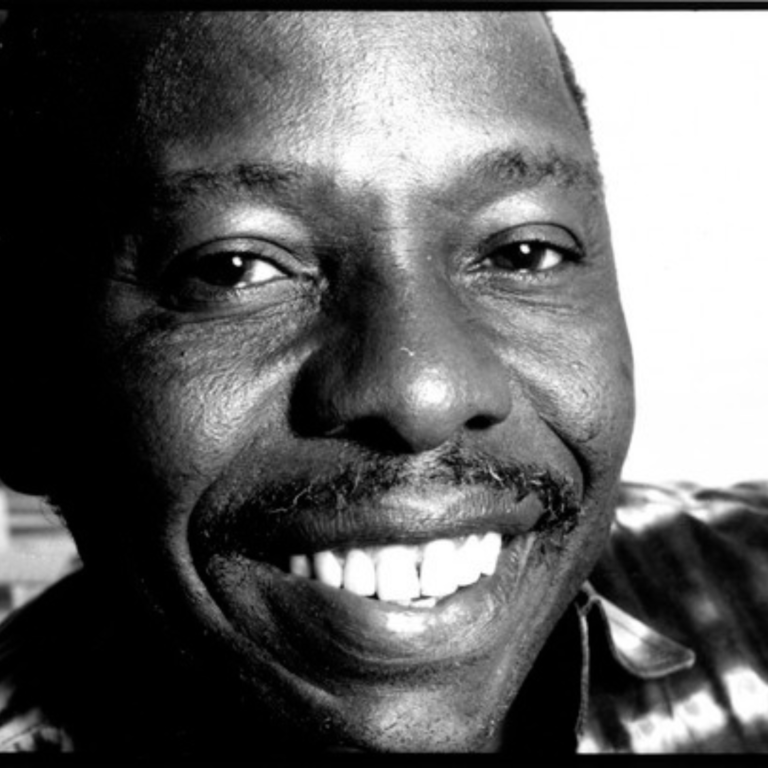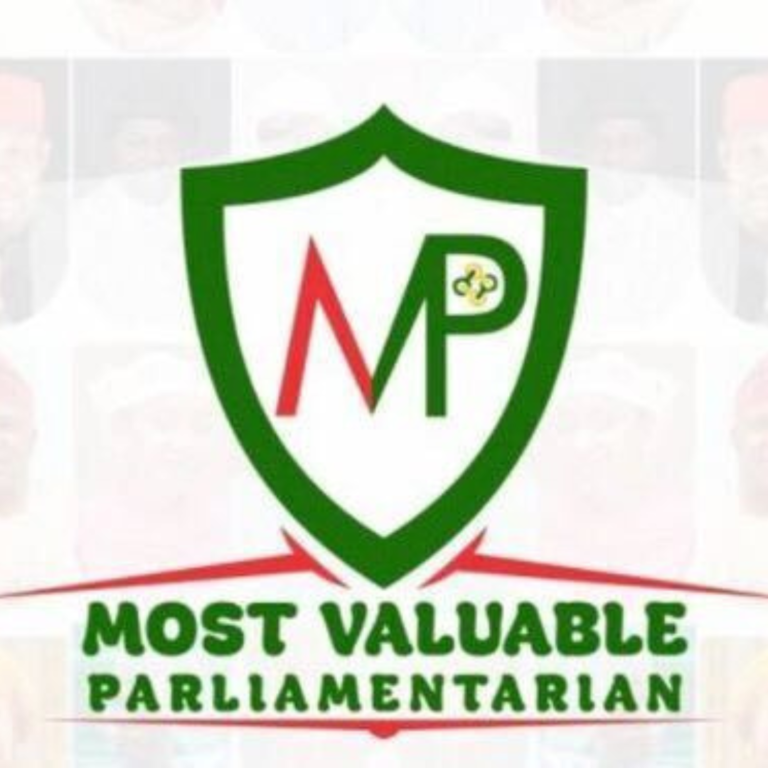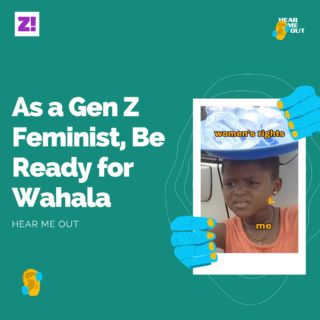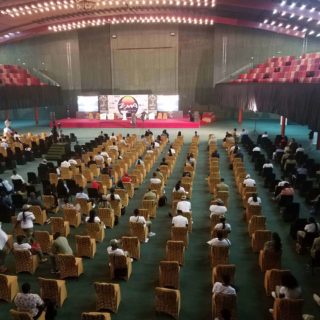By Policy Shapers
In January 2020, a Nigerian policy advocate, Ebenezar Wikina, confronted Nexford University in an email after he was asked to prove his English language proficiency before enrolling in a business program.
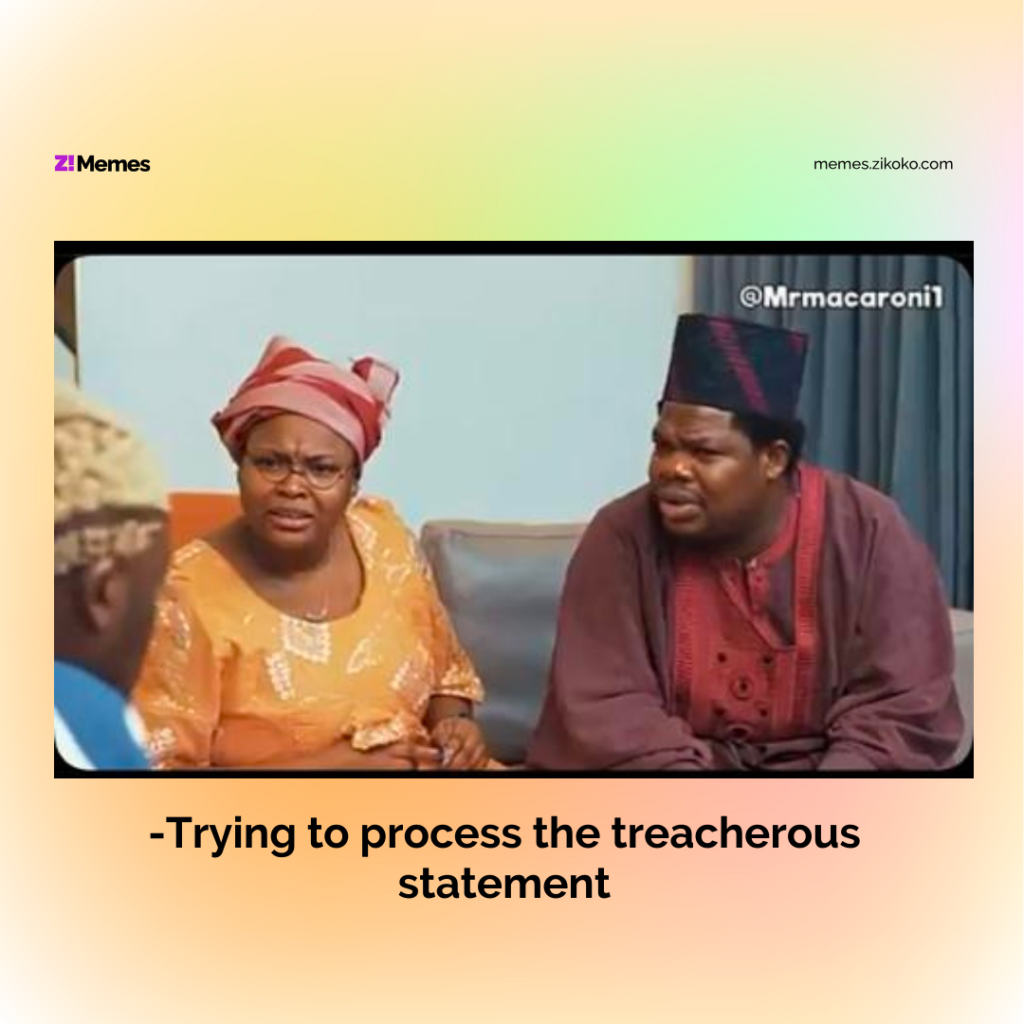
Wikina’s refusal to take a language proficiency test forced Nexford to review its admission policy. This was the foundation for the #ReformIELTS campaign— a policy advocacy movement that has mobilised over 80,000 people across Africa to challenge language discrimination in the global education system.
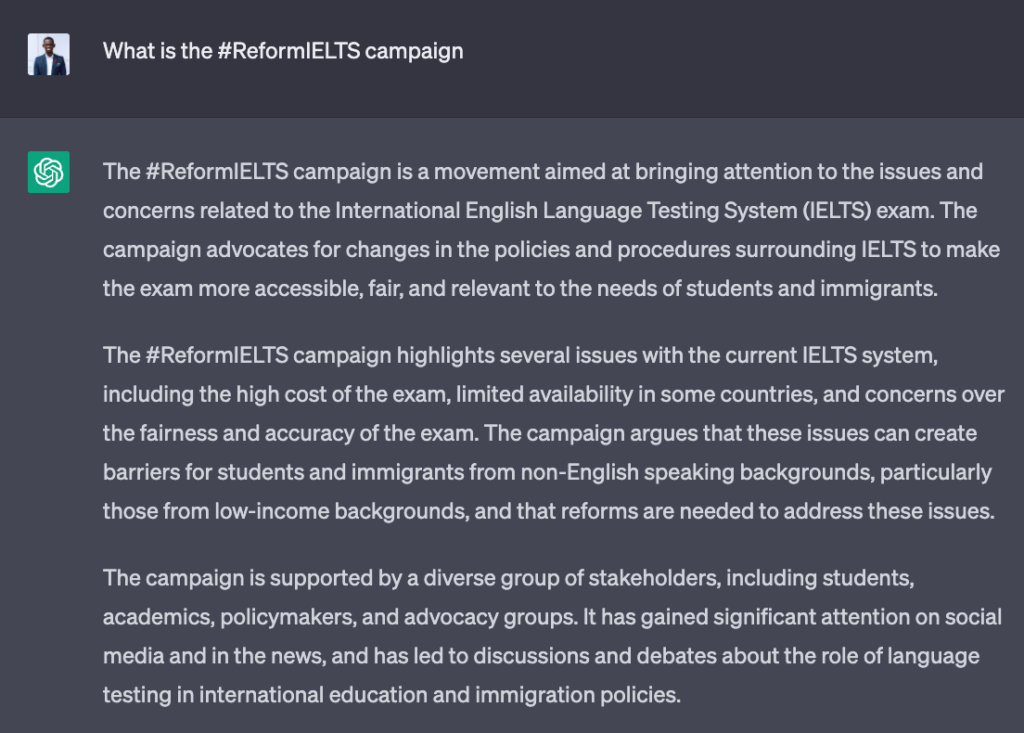
The campaign, which has featured on more than 500 media platforms globally, led to 20 universities across Canada, the United States, and the United Kingdom, removing the IELTS/TOEFL barrier for applicants from English-speaking countries in Africa.
While Wikina has been at the forefront of this reform, Policy Shapers, a policy reform and advocacy organisation he founded in August 2020, has been the organised fighting front.
Policy Shapers have engaged the UK government’s Home Office in a policy debate. For every intellectual gbas from the Home Office, Policy Shapers responded with a greater gbos.

Is it even possible for a young person to be a policy advocate?
But how did these young Nigerians achieve this level of bravery, and how can you do something like that?
Let’s talk:
Policy Advocacy 101
Policies are the decisions and principles of organisations and establishments that determine how they act or treat people who deal with them. Those Lagos restaurants that refuse people entry because of how they are dressed are acting based on their internal policies.
Policies can be discriminatory—like how Lagos restaurant policies are anti-baddies—bad or need to be amended to meet new needs.
Policies may come from private establishments or the government; like fuel subsidy removal or Emefiele’s naira redesign policy.
Every time you see a policy you don’t like and you speak against it; you are doing the work of a policy advocate— like how Wikina refused to write IELTS at Nexford.
If you take it forward by telling your friends about the policy and they take action with you, leading to the policy being reformed or eliminated, you are doing policy advocacy.

With 62% of Nigeria’s population under 25 years of age, organisations like Policy Shapers believe in youths as the major stakeholder in Nigeria and should be part of the policy dialogue and decisions that decide their future.
So, in case you’re still wondering, yes, you have a role to play in the policy decisions made in Nigeria because you will be affected whether or not you do something. The price of bread or shawarma, the cost of internet data, the price of Netflix and Prime subscriptions, or whether or not delivery companies are successful all depend on policy decisions.
How Policy Shapers influenced policy decisions in 20 universities globally
Simple answer: Obasanjo’s internet.
Policy Shapers encouraged many young people like you, to use email and social media, and a Change.org petition to ask abroad universities to stop asking us to prove we can speak English.
After #EndSARS protests against Police Brutality in 2020, the group felt it was safer to protest and advocate online. They used the People, Data, and Time (PDT) principle. Here’s what that means according to them:
- People: Every policy advocacy campaign should be about people. The model we piloted through this campaign was not to directly lead every aspect of this advocacy. On the contrary, we empowered and inspired young people in Nigeria and the diaspora to take the lead in engaging institutions. One person who has been very influential in this entire process of engaging schools, and has now inspired many others to follow him, is Dr Olumuyiwa Igbalajobi, a Nigerian post-doctoral research fellow based in Canada. Dr Olumuyiwa single-handedly wrote to almost 100 schools seeking policy changes and we are so glad to have someone so passionate working with us.
- Data: For government officials, the numbers must make sense. This is why we produced over 20 pages of evidence in collaboration with over 80 young people in our Advocacy Taskforce to back our argument for the inclusion of Nigeria and Anglo-African countries in the UK’s Majority English Speaking Country (MESC) list. These data points have helped us drive the message of our campaign and we produced it
- Time: Change takes time. In our fast-paced AI world, it’s easy to want change to take place immediately but it doesn’t always work like that in the policy world. We must remain patient and resolute till the end. Since the incident with Nexford University in January 2020, it has taken more than 50 months of persistence before we arrived here. When you want something, don’t stop until you get it, right?
Policy Shapers is building a community of young policy enthusiasts to co-create policy ideas and advocate for a better Nigeria. Learn more about how to join here
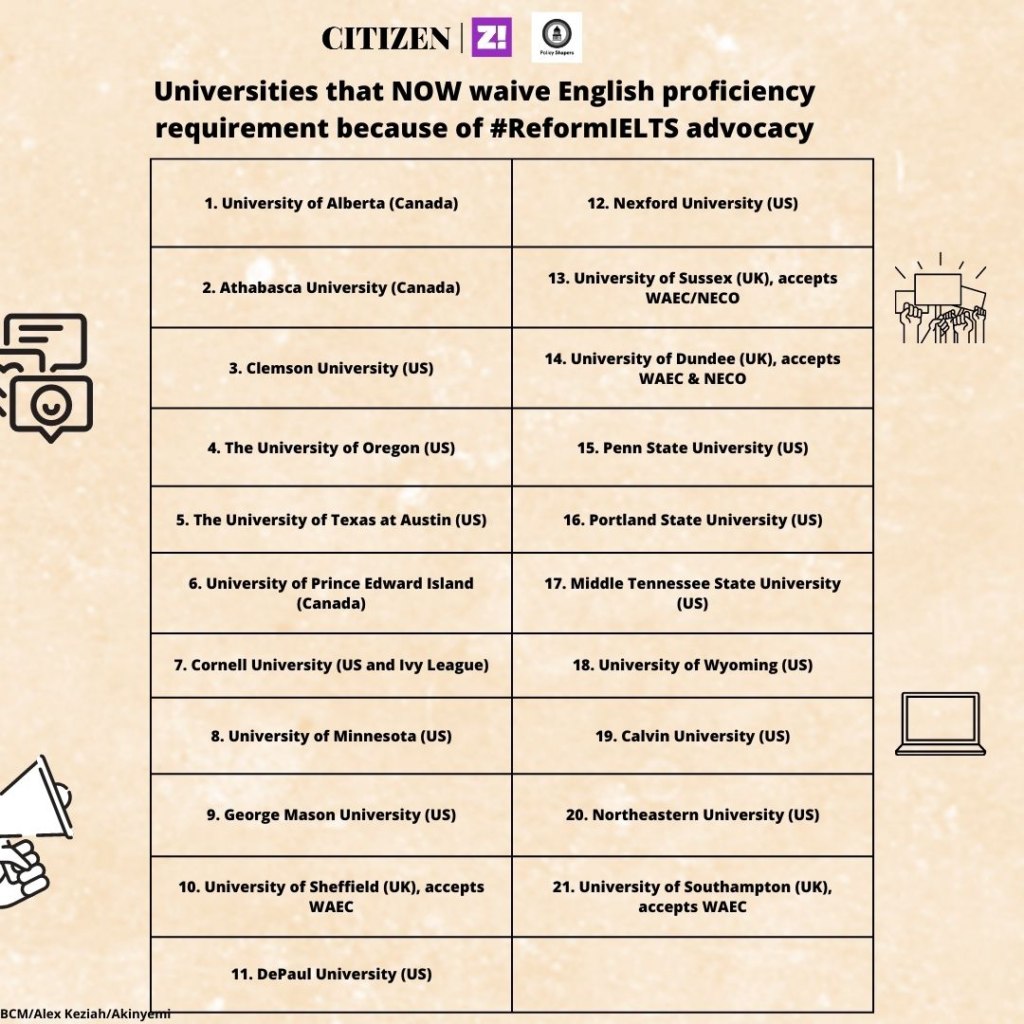
This piece is produced as part of the partnership between Policy Shapers and Zikoko Citizen to deliver policy analysis to young Nigerians.

